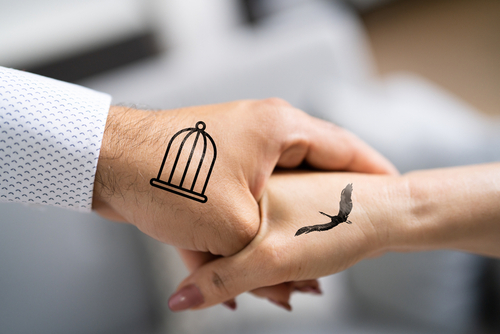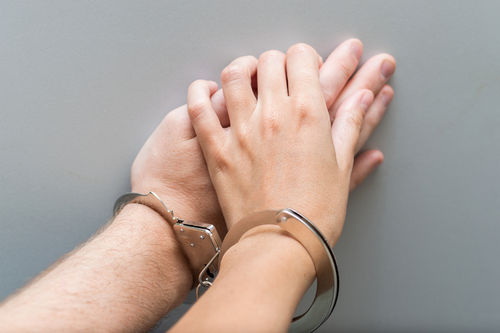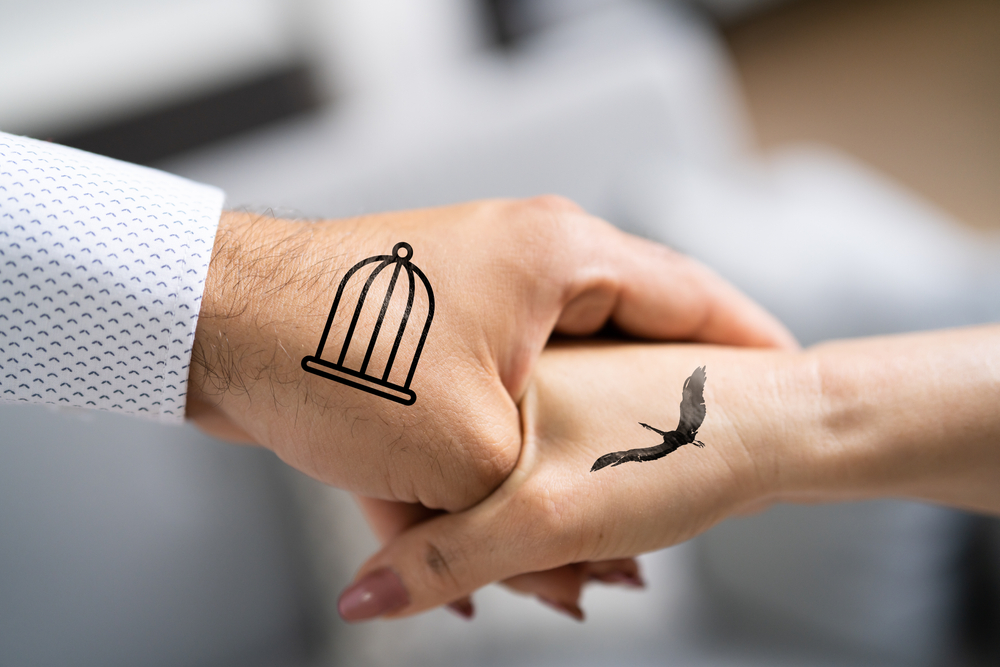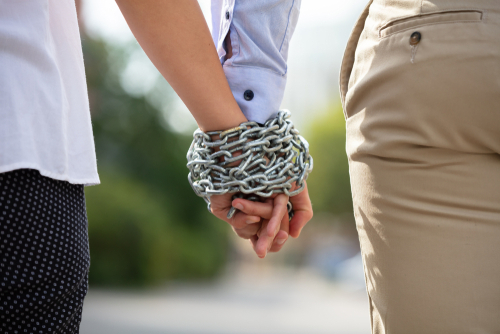Codependency is a challenging behavior pattern that can significantly impact one’s life and relationships. Since codependent personality traits frequently stem from unresolved childhood trauma or dysfunctional family dynamics, recovery involves learning to prioritize one’s needs and well-being while establishing healthy relationship boundaries. It can be quite a task since this personality trait can be passed down through several generations.
This complex pattern of behavior often involves an unhealthy reliance on others for validation and self-worth. Overcoming codependency requires a commitment to self-care and self-exploration and the courage and willingness to confront difficult emotions. For most codependent individuals, recovery means learning to start making their own needs a priority. This kind of change of focus is not so easily achievable, and it often requires the right type of support and resources.
Codependency recovery coaching and therapy retreats can be powerful tools for individuals seeking to recover from this unhealthy behavior pattern. There are diverse types of programs that offer supportive, immersive environments where individuals can work on developing healthy coping mechanisms and building a greater sense of self-awareness.
Do People Ever Recover From Codependency?
Like most obstacles in life, recovering from codependency will depend on the particular circumstances and characteristics of each individual. However, with strong motivation, most people can recover at their own pace. Some will naturally take longer to heal than others, but this is certainly no reason to get discouraged. With the right kind of support and resources, most people can recover and learn to build healthier relationships.
The recovery process generally involves developing a greater sense of self-awareness and learning to establish healthy boundaries in relationships. It can consist of different steps, depending on the severity of one’s codependency and its underlying causes. For some, it might include recognizing and addressing the impact of childhood trauma, while for others, it could involve addressing addiction or mental health issues that contribute to codependent behaviors.
Whatever the case, setting realistic expectations and taking things one step at a time is essential. Recovering from codependency often requires letting go of unhealthy relationships, learning to recognize manipulation, and saying no to everything hindering your progress without feeling guilty. Practicing self-care is an essential aspect of codependency recovery. That includes:
- Learning to prioritize one’s well-being.
- Recognizing and addressing negative self-talk.
- Developing a greater sense of self-compassion.
How Do Codependents Heal?
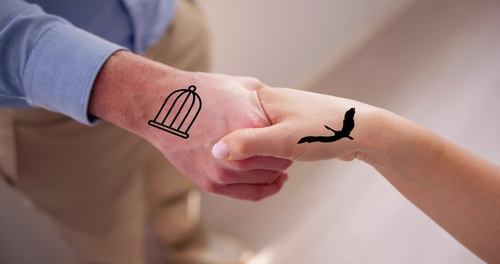
Codependents can heal by working on self-awareness issues, building self-esteem, and establishing healthy relationship boundaries. The recovery process can involve seeking therapy, joining support groups, practicing self-care, and learning to communicate one’s needs clearly and directly. Healing from codependency requires recognizing and addressing the underlying causes of unhealthy behavior while learning to prioritize one’s own well-being.
One of the steps that can help individuals recover from codependency is getting appropriate help. Depending on the overall mental health and emotional well-being, each person might need different levels of specialist support. For example, most people can learn to handle their codependency issues with the help of a codependency recovery coach, while others who possibly suffer from more severe mental health issues need to work with a therapist.
If you’re wondering what a codependency coach is, the answer is simple: it’s a trained professional with extensive experience helping people struggling with codependency. Depending on individuals’ needs and goals, they use suitable techniques and strategies to help their clients. Whether one opts for professional help or attempts to deal with codependency issues independently, adopting advice from professionals with vast experience on the subject is undoubtedly helpful.
Some of the most beneficial techniques commonly used by codependency recovery coaches include:
- Education and awareness. Gather information and learn as much as you can about codependency. This will help you understand what you’re dealing with, how it affects you, and how it can be addressed.
- Self-reflection and exploration. Self-reflection helps identify patterns of behavior and underlying emotions that contribute to codependency.
- Setting boundaries. Since difficulty setting and enforcing healthy boundaries in relationships is one of the hallmarks of codependency, learning to assert one’s needs is an essential aspect of recovery.
- Prioritizing your own needs and desires, communicating them clearly and directly, and learning to say no when necessary.
- Recognizing unhealthy relationships and letting go of relationships that are not healthy or sustainable.
- Building self-esteem and learning to be assertive. Discovering and practicing self-confidence can help people feel more secure in themselves and their relationships.
- Practicing self-care and setting aside time for activities that bring joy and relaxation, such as exercise, meditation, or creative hobbies. Well-being is an essential aspect of recovering from codependency.
- Joining a support group or attending workshops like intensive codependency retreats. A sense of community and understanding can be very encouraging for individuals struggling with codependency. In addition, they can offer a safe space for sharing experiences and learning from others who are going through similar struggles.
How Do You Recover From Severe Codependency?

Severe codependency is a type of codependency that significantly impacts an individual’s ability to function in daily life and relationships. It is characterized by intense emotional and behavioral patterns that frequently stem from distressing childhood experiences or trauma.
Individuals with severe codependency issues exhibit some or all of the following behaviors and emotions. They:
- Struggle to set boundaries in their relationships.
- Put the needs of others before their own to an extreme degree.
- Have difficulty expressing their needs or asserting themselves.
- Experience irrational fear of abandonment or rejection.
- Become trapped in unhealthy or abusive relationships, unable to leave even when staying is detrimental to their well-being.
Severe codependency can also be associated with addiction or other mental health issues, such as anxiety or depression. Individuals with severe codependency may use relationships as a way to cope with their emotional pain or to feel a sense of control, leading to a cycle of dependence on unhealthy relationships.
Symptoms of severe codependency can include:
- Intense anxiety or fear when alone.
- Pervasive need for approval or validation from others.
- Sense of worthlessness or low self-esteem.
- High-risk or self-destructive behaviors.
- Substance use disorder to manage their emotional pain.
Treating severe codependency typically involves a combination of therapy, support groups, and other resources to address the underlying causes of destructive behavior patterns. Recovery from severe codependency is possible, although it requires considerable time and effort.
It usually involves:
- Confronting difficult emotions and patterns of behavior.
- Learning to set healthy boundaries in relationships.
- Working on developing a greater sense of self-worth and self-compassion.
For many, this is a lifelong process that involves setbacks and various challenges. Still, with the proper support and resources, breaking free from codependent behaviors and destructive patterns is possible, and so is building healthier, more fulfilling relationships.
PIVOT’s Intensive Retreats Can Help You Achieve Recovery From Codependency
If you’re looking for a way to shift your focus to your own needs, PIVOT’s experienced codependency recovery coaches can help you identify and address damaging behaviors. At the same time, Glass House workshops provide an immersive experience in a safe setting that allows individuals to work through underlying emotional issues and trauma within small groups.
Both individual coaching with PIVOT’s relationship advocates and codependency therapy retreats can be valuable components of a comprehensive recovery plan. You’ll be provided with the tools and the support you need to break free from damaging behavior patterns that have prevented you from building healthy, fulfilling relationships.





